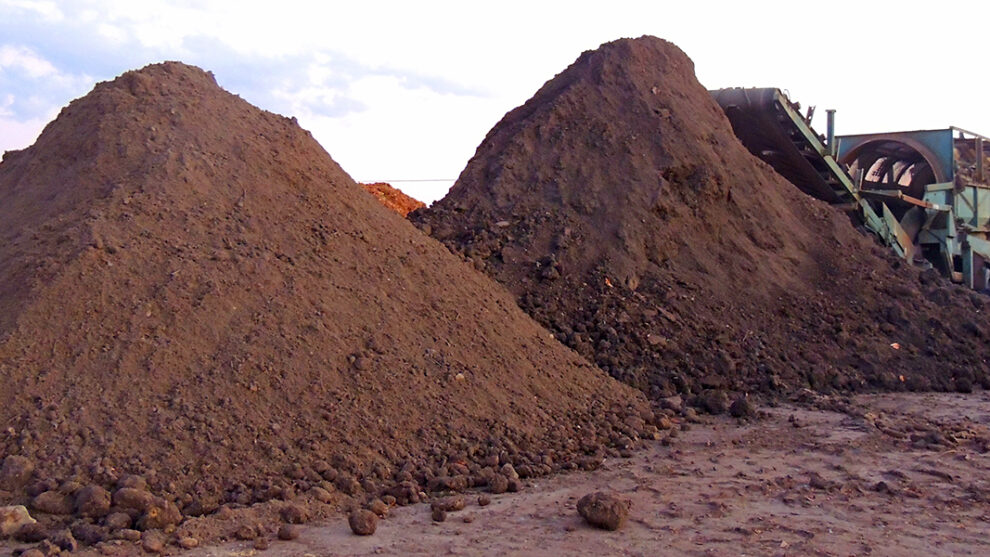SAN FRANCISCO – A new Bay Area report finds that California is falling short when it comes to reducing the amount of green waste that’s going into landfill.
That’s news for some youngsters in the North Bay. 12-year-old Carys and her 9-year-old brother Henry know how to compost like old pros.
After an afternoon break of freshly sliced mango, and cucumbers spiced up with Tajin, they showed CBS News Bay Area what they do with the rinds and peels. They first put the peels in a makeshift compost bin, and then walked it out to their green bin.
“We’re just doing to dump it in there,” explained Carys.
“It’s like fertilizer,” noted Henry.
A new state law requires all Californians properly sort organic waste and place it in green bins. About 200 companies in California take green waste and turn it into compost and mulch.
While the law is new, one family farm is far ahead of the curve. The farm has been composting with your green waste for a few years. The operation is impressive.
CBS News Bay Area traveled to the Bowles Farming Company near Los Banos to get a closer look. On hand for the tour: 6th generation farmer and CEO Cannon Michael. We caught him pulling up a huge carrot out of his fields.
Michael oversees 11,000 acres of farm fresh produce, which includes carrots, corn, tomatoes, melons, onions, garlic, and now his latest crop: compost.
“We’ve been composting green waste. Six truckloads a day arrive,” said Michael.
In 2016, the grower applied for the permits, set aside 20 acres of farmland, and invested in equipment that grinds and filters organic waste. The endeavor all made good sense to him.
“It really resonated with me how we could be a solution partner in terms of making the compost here on the farm taking the green waste from the cities and turning it into something valuable for us,” explained Michael.
It takes about 30 days for the operation to turn green waste into nutrient-rich compost. The farm can produce up to 300,000 tons a year.
What the farmer cannot use on his crops, he sells to his neighbors or to a composting company.
As to why you want to compost and not throw into landfill, there is a good reason: if you throw organic waste into landfill, the organic waste decomposes without oxygen. That releases methane – a gas that’s 80 times more harmful that carbon and a top driver of climate change. According to Cal Recycle, landfills are the 3rd largest source of methane gas in California.
On the other hand, compost enriches the soil, sequesters carbon, prevents methane emissions, and helps the fields retain water. How it is made involves providing an air supply and turning it over.
“It’s been a very valuable experience for us,” noted the farmer.
One survey found 72% of Americans only want to compost if it’s convenient and most don’t because it’s not convenient.
Carys and Henry say those who think it’s too tough and inconvenient have got it all wrong.
“It’s easy,” remarked Henry.
“It’s super easy,” noted Carys.
They both marveled at the idea that Californians can turn food waste into compost and use it to grow more foods.
“We should all compost. We should all compost,” urged Henry.
But we can all learn to compost better. Cannon Michael told CBS News Bay Area that he has hired people to sort thru the green bins, since people don’t always do a good job. One persistent problem is plastics and as Michael explained, you don’t want to grow food with plastics in the soil.
As for Carys and Henry, there’s hope for this next generation who is already cultivating a healthy attitude about their planet and who are traveling on the path forward.
If in doubt, check with your recycling company or look at signs posted near bins as to what you can put in your green bin.
Source : CBS News












Add Comment